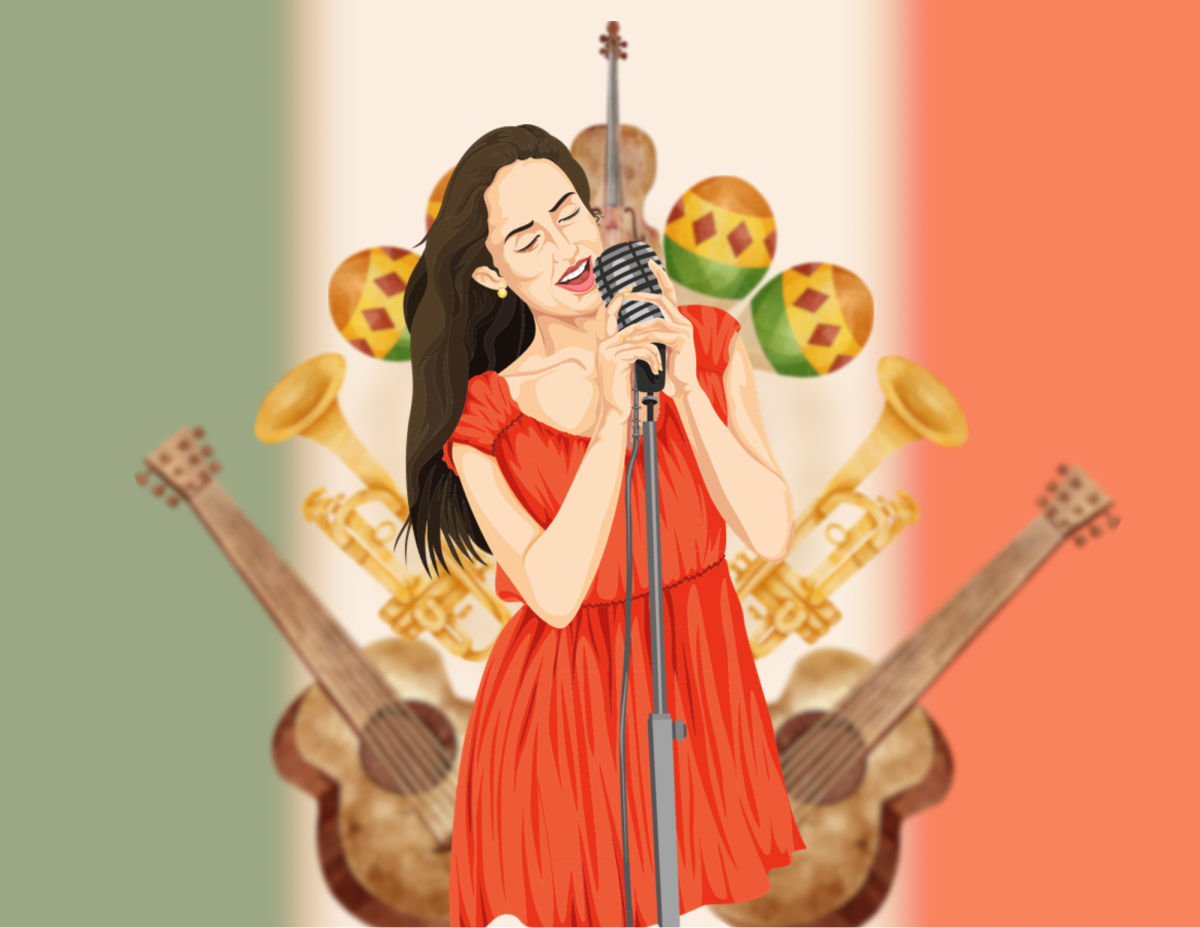Jenni Rivera’s road to get to the top of the charts wasn’t always easy. She was the only woman in the early to late ‘90s who was entering a male dominant industry, especially in the regional scene. She was a different artist; most women did not sing Banda or Norteño music.
Rivera was a pioneer at the time and an active representative of women in regional Mexican music. Being a Los Angeles native born and raised in Long Beach, California, influenced her to get into the regional scene faster.
However her uprising was not easy, she suffered a lot of personal issues before becoming a top chart singer. After all those personal obstacles, domestic violence being the main one, that didn’t stop her from reaching her goal and only gave her more reasons to move forward with her career.
Rivera became an inspiration for her audience and fans who could relate to the struggles many women go through. She also was the type of woman to say anything and everything, “sin pelos en la lengua,” which translates to that she didn’t care and was very straightforward.
Aside from all that she was the only woman who would almost dare to sing corridos with banda music. In the late ‘90s to early 2000s that was uncalled for, but in a good way it set her apart from all the women in the genre.
After years of performing and trying to gain an opportunity from performing at smaller venues and growing experience each year, she finally reached the ultimate opportunity for history.
On Sept. 3, 2011, she certified herself at the top and sold out the entire Staples Center, which is now the Crypto.com Arena.
She gave a performance of a lifetime singing three different styles of regional Mexican music including Banda, Norteño, and Mariachi. Singing some of her greatest hits like, “Ovarios,” “No Llega El Olvido”and “Ya lo Se.”
When interviewed about the overall experience Rivera said, “Me siento muy feliz y es algo increíble saber que no solamente lo tomo yo como éxito para todos los que vivimos para la música regional mexicana.” She was very loud and clear in being so proud as a female artist to have gotten to that caliber. And although she never performed again at the arena she did it for a good reason, as she felt her fans were too far away from her.
Till this day, she still holds the title as the only regional Mexican artist to have sold out the arena and the only person in the genre to do so. After her passing in 2012, it is quite impressive to see her hold that record thirteen years later.


